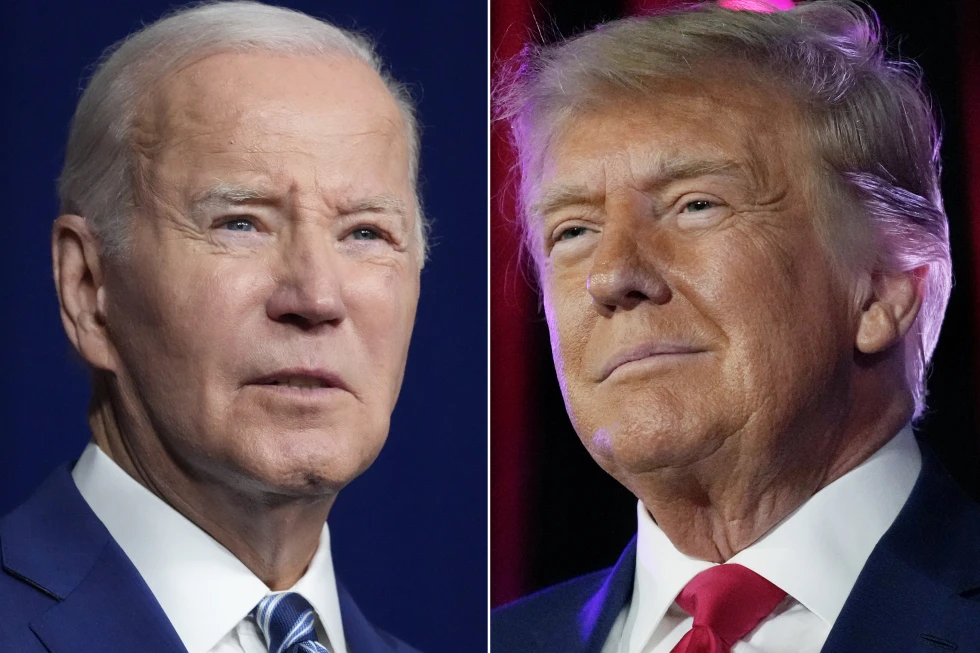
WASHINGTON — Former President Donald Trump will spend Saturday’s third anniversary of the Jan. 6 insurrection on the campaign trail in Iowa, holding two rallies in his bid to win back the White House.
That is set to come a day after President Joe Biden visits a site near Valley Forge, Pennsylvania, where George Washington and the struggling Continental Army endured a tough winter during the American Revolution. His advisers say the stop in a critical swing state will highlight Trump’s role in the Capitol riot and be a chance for him to lay out the stakes of this year’s election.
With Biden and Trump now headed toward a potential 2020 rematch, both are talking about the same event in very different ways and offering framing they believe gives them an advantage. The dueling narratives reflect how an attack that disrupted the certification of the election is increasingly viewed differently along partisan lines — and how Trump has bet that the riot won’t hurt his candidacy.
The former president has still built a commanding lead in the Republican primary, and his rivals largely refrain from criticizing him about Jan 6. He has called it a beautiful day and described those imprisoned for the insurrection as “great, great patriots” and “hostages.” He has played at some of his rallies a recording of “The Star-Spangled Banner” sung by jailed rioters interspersed with him reciting the Pledge of Allegiance.
“Republican voters can hold two consecutive thoughts and say, ‘Jan. 6, that wasn’t great, but that doesn’t affect my bottom line,’” she said.
Florida Gov. Ron DeSantis called Jan. 6 a “protest” that “ended up devolving,” and has more recently said Trump “should have come out more forcefully” against the rioters. Former United Nations Ambassador Nikki Haley frequently tells crowds that Jan. 6 “was not a beautiful day, it was a terrible day.”
But views overall of the attack have hardened along partisan lines.
In the days after the attack, 52% of U.S. adults said Trump bore a lot of responsibility for Jan. 6, according to the Pew Research Center. By early 2022, that had declined to 43%. The number of Americans who said Trump bore no responsibility also increased to 32% in 2022 compared to 24% in 2021.



